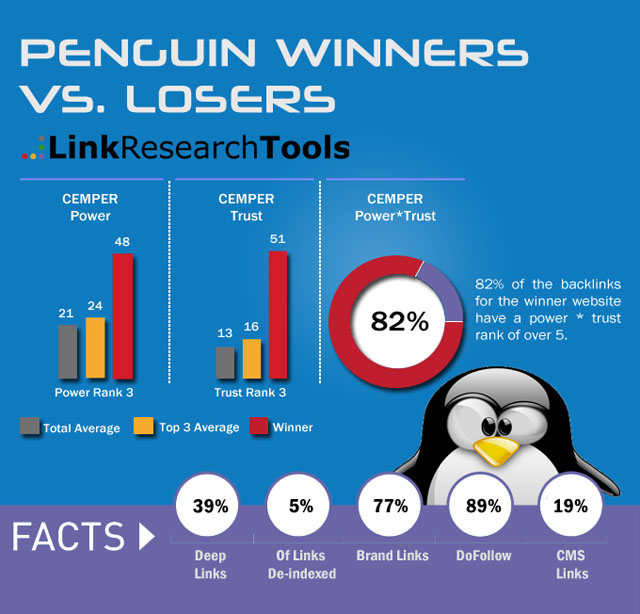Typically, those of us in the SEO community in the past have counted on a few reliable link building tactics to drive our rankings. Directory submissions and blog commenting seemed to be the easiest way to get a high volume of do follow backlinks without expending too much energy. But as Google continues to tweak their algorithm so that it better reflects actual human perception, these “automated” link building tactics, and actual links, are carrying less value. Content marketing has come to the forefront of the industry, and blog post links more valuable than their directory and blog comment counterparts. This makes perfect sense, as Google is rewarding those that provide valuable information to people that are searching and essentially looking for answers.
As a result of this shift, it has become more difficult to acquire strong backlinks, and it certainly takes more time. This is particularly the case for new websites that have yet to establish themselves online and lack the digital connections that older websites may take advantage of for building up their backlink profile. For those sites, I still feel that it is valuable to submit to related directories, and spend some time blog commenting, as you have to start somewhere and these links can gradually help to strengthen the domain, albeit on a minimal level. As the old adage goes, “You have to start somewhere!”
For webmasters that are running older, well established websites, link opportunities should be more abundant. Often, however, webmasters tend to overlook a couple of strategies that can be used to identify opportunities right from under their noses – using data from analytics software, assuming it is set up on the site, and conducting branded searches to see where other webmasters are linking to you but are not using targeted anchor text, and to find links that are pointing to 404 pages. If you are like most webmasters and using Google Analytics (most use this as it is free and for the most part user friendly), check out the Referring Sites report to see what links are sending you traffic, and identify which of those you should contact to improve the anchor text.
Regarding branded searches, it is always important to remember that it is much easier to convince a webmaster that already has a link up to your site to change the anchor text to something that will greater benefit you than contacting a webmaster that you do not have a relationship with at all. If you are operating an e-commerce site that tends to add and remove products frequently, there may be a good number of links that exist on other sites that are pointing to dead pages. Contact those webmasters with new URLs and new anchor text, and drive link value to the new product pages!
Andrew Hagan is an avid writer in the SEO industry. For more SEO tips, information, and strategies please visit his blog at http://www.engineheat.blogspot.com/!




Is Google aware of comment spam?
By Michael Busch on 10. June 2011
I wrote a lot about gaining backlinks by commenting on blogs, and I always warn people that if you use this technique for link building, you have to deleiver real value as otherwise you are nothing but a spammer.
So what – a few people might think, then I am a spammer as long as google does not notice I am fine with that.
My opinion on those: You are wasting other people’s time and most probably your own time, too.
Read here what Google has to say about comment spam:
Google on comment spam
Incoming search terms for the article:
Posted in backlink building, General, SEO theory Tagged comment spam, google